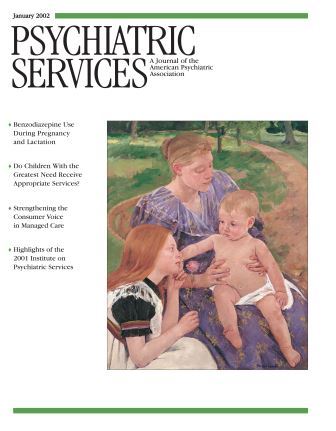Unholy Ghost: Writers on Depression
The book's dust jacket features a forlorn broken-down car stranded in snow at the edge of a winter forest. This image is an apt metaphor for the debilitating grip of depression. The book's title, Unholy Ghost, is also apt for a disease that is indeed an elusive terror without sacrament. In plain terms, clinical depression is pure, unadulterated hell—a dimension that the book aggressively portrays.
Kay Redfield Jamison, a renowned professor of psychiatry and author of An Unquiet Mind, contributes a powerful and inviting introduction. "Here," Jamison writes, "are writers who know, through experience, depression in one or more of its diverse guises, describe the sadness and dread that are at its core; they write about how it is to feel the draining out of vital forces; how it is to exist with, and live around, the sleeplessness, the restlessness, the inertia, and the hopelessness. They describe the lingering influences of melancholia on their notions of self and work, and they portray the damage that their despair brings to the lives of others."
Novelist William Styron, who was nearly killed by the disease, wrote Darkness Visible, a stunning account of lapse into depression's cold, gray tunnel, which is excerpted in the book. Styron vividly rejects the word "depression" as a lame, impotent, and, at best, clinical approximation of what the disease does and is. "For over seventy years," Styron writes—and Jamison emphasizes— "the word has slithered innocuously through the language like a slug, leaving little trace of its intrinsic malevolence and preventing, by its very insipidity, a general awareness of the horrible intensity of the disease when out of control." Depression put Styron on the brink of suicide and became, in his words, "an immense and aching solitude."
Jamison cites other writers who have eloquently described the nearness to death and the intrinsic hopelessness of clinical depression. She mentions A. Alvarez's The Savage God, another brilliantly choreographed "dread-dance" of pain, hopelessness, despair, and the lure of suicide, that is excerpted in the book. "My life felt so cluttered and obstructed that I could hardly breathe," Alvarez says. "I inhabited a closed, concentrated world, airless and without exits." Such prose gets to the awful essence of severe clinical depression. The disease, at its near fatal endpoint, is just what Alvarez describes: "A Living Death. A Life by Suffocation."
The book puts a human face on what is so often a stark, clinical framework, such as that described in DSM-IV. It also recognizes the devastating effect the disease has on the people who are close to those afflicted. Nell Casey, the volume's editor, has selected various essays that portray the infectious "intruder-in-the-kitchen" nature of clinical depression. Casey's autobiographical account of living with her sister's manic-depression is included. The disease literally abducts her, creating "a frightening absence." But more than that, Casey writes, is "the removal of personality, the hidden, shadowy terror of devouring misery. The hollow lifelessness of her pupils, cartoonishly exaggerated into large, black pools from medication; the listless physicality."
The disease is not totally without merit or value, however. Magazine writer Lesley Dorman, who also teaches fiction at the Writers Studio in New York City, claims that depression has given her a broadened life-perspective. "I marvel at my ability to move in and out of ordinary feelings like sadness and disappointment and worry," Dorman writes. "I continue to be stunned by the purity of these feelings, by the beauty of their rightful proportions to actual life events. I'm hardly carefree," she warns of depression's black threat. "I still scan myself for depression as if checking for broken bones."
The essays in this book say so much more, and much of it is genuinely valuable. Unholy Ghost brings the reader to a profoundly different place, one where the disease can be viewed through a clear lens. I highly recommend it.
Mr. Hartmann, a longtime sufferer of bipolar disorder, is an attorney and a freelance writer living in western Massachusetts.



